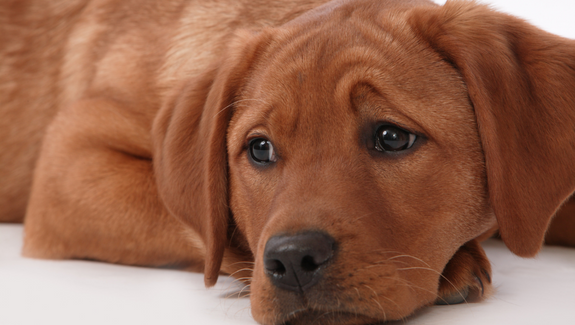
Pet Separation Anxiety: Signs and Solutions
September 30, 2022Pets who suffer from separation anxiety are often too attached to or dependent on their human companions. When they are separated from their owners, they experience severe anxiety and exhibit distress behaviors including destroying, acting differently, or soiling the house. Most dogs with separation anxiety stick close to their owners, following them everywhere they go inside the house and rarely venturing outside.
How to Tell If Your Pet Suffers From Separation Anxiety and What You Can Do About It
Does Your Dog Do Any of These Behaviors When Left Alone?
- Destroying random things at home
- Whining and barking without any reason
- Masticate items, dig holes and make scratching noises at windows and doors.
- Constant seeking of attention
- Behaving differently
- Loss of appetite
- Attempts to break free from captivity that is both desperate and protracted often result in harm
- Peeing on random areas of the house
These are the most typical indicators that a pet is having difficulty adjusting to being separated from its owner or a member of its family. They are experiencing a loss of physical presence, which is the root cause of their inappropriate behavior. They feel lonely when left at home, which triggers them to act out and engage in destructive activities.
What You Should Do If You Notice That Your Pet Is Showing Signs of Separation Anxiety

The separation anxiety that your pet experiences can range from minor to severe. It is essential that you are familiar with your pet's baseline behavior in order to be able to quickly recognize any changes in their demeanor, such as fits of rage or anxiousness.
Here are some things to do that may help your pet cope with separation anxiety:
Give Them A Special Treat Each Time You Have To Be Away
Give them a special treat each time you have to be away from them for an extended period of time, such as when you have to go to work. This special reward may take the form of a toy, food that they may suck for long periods of time, puzzles, or anything else that they can enjoy in your absence. When you get back to your house, don't forget to put away the treat and clean up after it.
Spend Playful Activities Or Exercise With Your Pet
Although exercise cannot entirely alleviate separation anxiety, it can help in the management and prevention of this condition. Start by giving your puppy a lot of playtime and brisk walks. This is especially important for big, active dogs with plenty of excess energy. After a vigorous walk and some play time with you, a dog is more likely to relax when you leave. Second, don't forget to exercise your puppy's brain. Exercises, toys, and activities that challenge the mind (like puzzles) are all terrific options. Mental exercise can be equally taxing as physical exercise, and often more so.
Train Your Pet To Know How To Be Independent
Don't give in to their neediness. Instead, encourage your puppy's growth of independence by having him or her spend time alone in a different room while you're home. Another strategy for dealing with over-attachment is to teach them to learn how to stay. You should begin by leaving the room for brief periods of time, and then gradually increase the duration until your puppy can stay for several minutes. Your goal should be to be out of his sight for five to ten minutes at a time. Maintain your cool while you go or come back to your home.

Unfortunately, there is no guaranteed technique to keep your dog or puppy from developing separation anxiety. Furthermore, overcoming separation anxiety after it has taken hold can be a complicated process. Keep in touch with your veterinarian and ask for advice about whether or not your pet needs to be enrolled in training or behavior modification in order to alleviate its separation anxiety.
